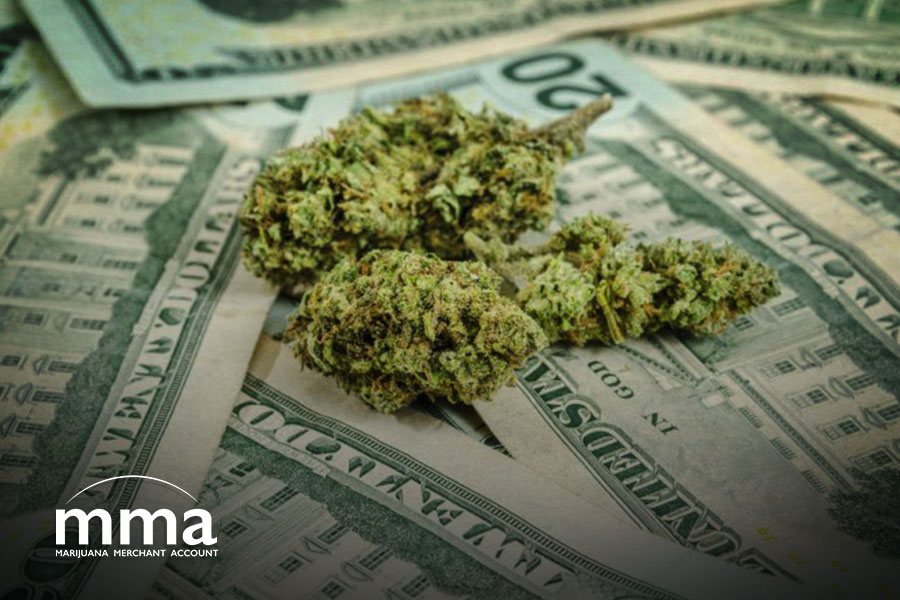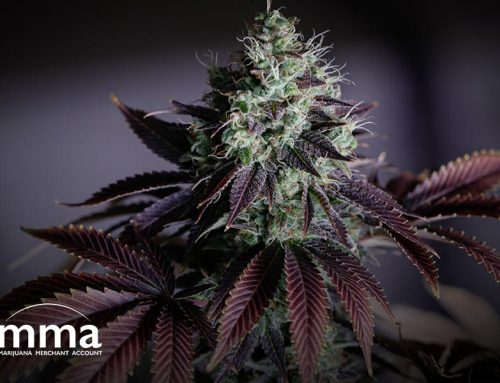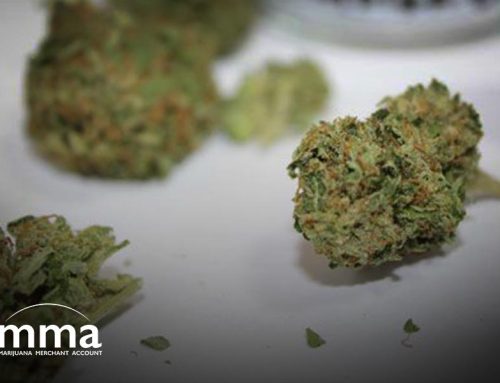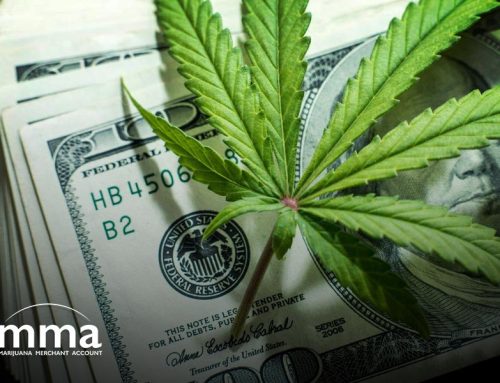It’s been a tumultuous few years as the cannabis industry struggles to overcome long-standing stigmas and have access to essential business services that most take for granted. I’m talking about banking. Yes, the ‘B’ word has been a popular one as states continue to legalize cannabis for either medical or recreational use.
When the IRS is clamoring for the cannabis industry to pay their taxes electronically, you know there’s change afoot. But the need doesn’t come close to meeting demand. According to the latest report from the Financial Crimes Enforcement Network (FinCEN), as recently as June 2020, only 695 banks and credit unions served cannabis businesses. Those financial institutions charge a pretty penny for the opportunity, though; monthly account fees can top $500 per month, just for the privilege of having an account.
It’s unconscionable that a U.S. industry, worth $16 billion in 2020, is underserved to the extent it is. The burden that cannabis businesses hold (i.e., all that cash) will hopefully turn into influence, as the incredible tax generator that is legalized weed becomes recognized nationwide. More and more states choose to legalize; better access to banking means more stability, more traceability, and more transparency. Those are wins for everyone.
California’s safe harbor
Gavin Newsom, California’s governor, signed Assembly Bill 1525 into law. This bill does two awesome things that could influence other states if all goes right.
It gives California banking institutions protection (aka ‘safe harbor’) for doing business with the cannabis industry. This also includes licensed armored car services and professional accounting services, essentially proclaiming that these businesses are not committing any crimes per California law by doing business with the industry.
Two, Cannabis businesses have an easier time getting loans, too. It’s all about transparency. The bill allows licensed cannabis businesses to sign a waiver, permitting state or local licenses and regulatory authorities to share their information with a designated financial institution “for the purpose of facilitating the provision of financial services for that licensee.”
Our friend hemp
Credit unions are proving to be the savior for some. Credit unions saw an increase in hemp clients in 2020, and this should continue into 2021. The National Credit Union Administration (NCUA) recently issued its members updated and detailed guidance related to serving legal, hemp-related businesses.
For serving an industry that many other banking institutions consider risky, hemp business owners might just want to consider doing banking business with a member of the NCUA.
Let’s review what will really affect cannabis banking in three acts.
Three acts: SAFE, STATES, MORE
There are three pieces of legislation that we keep playing ‘whack-a-mole’ with the SAFE Act, the STATES Act, and the MORE Act. All three acts have appeared and disappeared with a frequency that speaks volumes. Let’s dig into the specifics of each.
Act 1: SAFE Banking Act
The Secure and Fair Enforcement Banking (SAFE) act would do pretty much what California Gov. Gavin Newsom just did – create protective provisions for banks and credit unions that serve state-legal cannabis businesses.
The SAFE Act made its first appearance in 2019. It passed Congress quickly until it landed, hard, in the then-Republican controlled Senate. The Act made a second (and third) appearance in the first two COVID-19 relief bills but was removed during negotiations.
The SAFE Act includes other important protections, including those to cannabis industry service providers vulnerable to losing their own banking access by association with the industry, which is still very much illegal federally. Boo! Hiss!
Act 2: STATES Act
This one is intended to appeal to both Democrats and Republicans and not offend those that oppose federal legalization. The Strengthening the Tenth Amendment Through Entrusting States (STATES) Act fundamentals are simple. The Act would allow states to figure out and enforce their own cannabis laws, free from any fear of federal interference. This would strip away any threat of prosecution for federal trafficking since the state would be compliant with its own laws.
Unlike other cannabis-related legislation, the STATES Act doesn’t include the comprehensive social and equity provision detailed in another act, which we’ll discuss in the next section.
The Act would transfer the burden of proving compliance with state laws to banks, so it might not be too popular with an industry already leery of the cannabis industry. Essentially, the Act would give financial institutions a valid reason for not wanting to provide banking services to the industry at large, whether it is a matter of manpower or lack of industry regulatory knowledge.
Act 3: MORE Act
It’s bold. It’s beautiful. It’s the MORE Act. Where the Marijuana Opportunity Reinvestment and Expungement (MORE) Act shines is in its robust social and racial equity provisions. Unlike the STATES Act, the MORE Act appears to be the hearty, bold, and unapologetic piece of legislation needed so desperately by the cannabis industry.
The MORE Act is powerful on several levels. It would remove cannabis from the list of controlled substances. Weed is currently included in the Controlled Substances Act, and it’s also a well-known Schedule 1 narcotic by the feds. It would end the criminalization of pot by adults. It would also be retroactive. This is huge; upon passage, it would automatically expunge arrests, charges, and convictions related to cannabis for free. Free? Yup. Can this Act pass already?
Other noteworthy pieces? In October 2020, the Cannabis Trade Federation swapped previous support from the STATES Act to the MORE Act. That speaks volumes. Shoring up support further, the Act passed the House in December 2020. Best part? The lead Senate sponsor is Vice President Kamala Harris. That means that the Act could be a reality within two years or so.
The MORE Act has a plethora of social justice and economic development aspects, too, making it a robust and comprehensive piece of legislation. The weak spot is where federal regulation and taxation come into play, so it will be interesting to see how that plays out.
What’s next
As we dive into 2021, cannabis continues to make headlines. After all, this was one of the industries considered ‘essential’ during the pandemic. Continuing to recognize the importance of the cannabis industry while making progress on banking access would help tremendously. The industry has been scrappy, fighting for access to basic business services while meeting various state and county regulatory requirements to maintain compliance.
While any new legislation will likely mean more regulatory and compliance measures, having a chance to breathe without fear of federal reprisal would be a gift.












